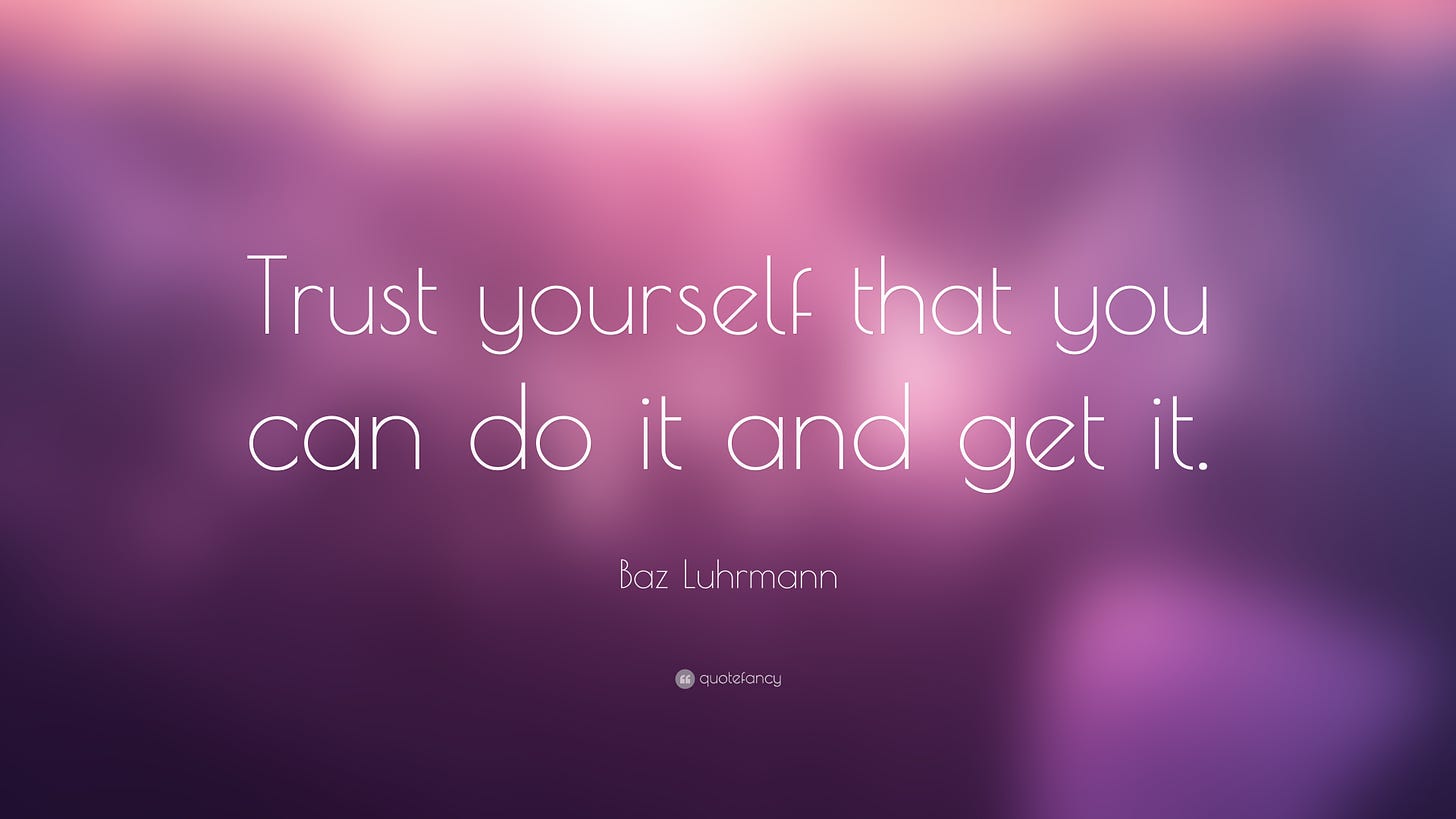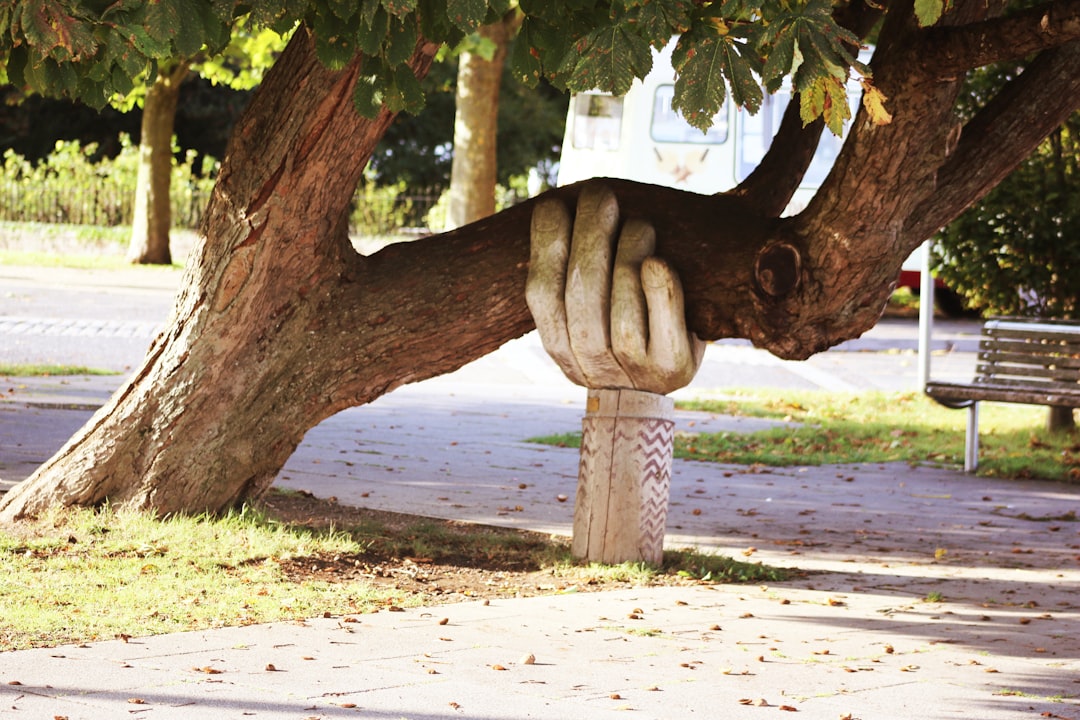Websites and Wishes

This newsletter usually centers around a specific theme or topic that’s important to parents and others who care for and about young people with disabilities. But lately my life hasn’t felt centered at all. And I have interesting and helpful information that I want to share this week — even though it can’t be wrapped up in a cohesive box and bow.
Each of the references or resources below matters to me in some way, and will hopefully matter to many of you. Ideally, you’ll find help or insight or inspiration from one (or more). Let me know, and please reach out if you want to explore a particular topic further. I cherish input from readers and families and anyone who cares enough to correspond.
In March, we’ll celebrate National Developmental Disabilities Awareness Month by spotlighting a few amazing friends and families. I’m confident you’ll enjoy hearing from and about them, just as I always do.
Meanwhile, please share this info with others who may benefit. And thanks for being here. Community matters.
Sought-after solutions.
Alice Wong is a disabled activist, eloquent writer, and force of nature. I was struck by her recent interview about caregiving challenges. “It is expensive to be disabled,” she explains. And the costs are more than just monetary. She continues:
My life is in my caregivers’ hands, and this is a cost I must pay because I want to live. Having five caregivers, training and communicating with them, and dealing with unexpected ups and downs when they are late or sick, or forget to show up, has taken a lot out of me as I try to recover and heal. Needing total help with my daily activities has cost me greatly: the necessary close contact with your body, the lack of privacy and spontaneity, the presumptions strangers have about your competence…
According to the AARP Public Policy Institute, 14 million adults in the United States need help with personal care or other daily activities. A UCLA analysis of California survey data on older adults and disabled people found that 39.6% of people who reported needing personal care assistance either don’t have help or could use more of it.
I wrote about the future of care infrastructure in my memoir. They are not unfeasible dreams. Change comes from wild imaginations of what is possible.
—Alice Wong
Alice advocates for improvements in the way we deliver care and support for people with disabilities, and how government and society views this care and those who need it. Making our voices heard, like Alice does, is important not just now but for the future. Especially if we want to make progress. Here’s one easy way you can help.
Medicaid and DIY resources.
Even when government supports are available, it’s often hard to find them — or to determine if your son or daughter with disabilities qualifies. This website is one of the best resources I’ve found for learning about Medicaid and seeing if someone you love is eligible. It varies by state, as do Medicaid services (including children’s Medicaid waiver programs). If available, they can be a huge asset to families and individuals, but navigating the system is no small challenge.
Here is another helpful website that provides “at home hacks” for durable medical equipment and much more. Its creator says her goal is “to show the profound competence and capability of disabled folks and caregivers, that it can be figured out, that you can make life work, and that millions of people do it every day.” Enjoy!

Something to strive for.
As a parent and patient myself, I clearly prefer some doctors over others. My favorites are those with outstanding medical expertise, surgical experience, and an innate ability to connect with patients on a human level. We found this and more for our son, Andrew, from his orthopedists at Columbia-New York Presbyterian Medical Center. Throughout his childhood and teenage years, they shepherded him and us through six spinal surgeries, muscle lengthening in his lower limbs, botox treatments in his arms, legs and mouth, and much more.
When we moved farther away from NYC and Andrew grew into adulthood, it was clear he needed a new team of doctors. I assumed we’d never find anyone to compare with his CHONY team. But I am delighted to have been proven wrong.
Andrew’s orthopedist, Dr. David Frumberg, and his colleagues at Yale-New Haven Hospital represent the kind of healthcare I believe we should strive to offer young men and women with disabilities as they develop and mature. He has connected with our son as an adult — in really meaningful ways. Dr. Frumberg’s attitude and approach are a model for health professionals everywhere, I think. See more below.
My dear friend and newsletter subscriber recently sent me this piece from The New Yorker magazine. It includes a short documentary about how it feels to become the parent of a child with severe disabilities. The film is something everyone should see, especially people who want to increase their empathy and understanding.
Although my own experiences as a mother of someone with multiple disabilities are far different from many spotlighted in the film, some of the feelings, frustrations and fears are universal. And I was struck by how raw and honest the mother, Randi Rader, is. I think my favorite part is when Randi finds comfort from other families. These connections fuel resilience and are something I care deeply about.
I am currently working on a book about resilience and families with disability, based on research, interviews and my own lived experience. My co-author, Linda Hoopes, and I hope to explore how resilience impacts parents’ abilities to live with, manage through and even overcome six common challenges. And I’m grateful to everyone who has helped us with the project so far.
I’m struck by how well this film dimensionalizes the challenge of loss and feelings of inadequacy that especially mothers experience before they find hope and community. Beautiful and painful and spot on.
Please reach out here if you’d like to share your story and facilitate our research and writing.

Learning opportunities.
-
“Making the Case for Inclusion” webinar on Tuesday, February 28 at 2 pm EST. See details and register here.
-
“Understanding the IEP” webinar on Thursday, March 16, at 6:30pm PT. See details and register here.
Another Normal is an e-newsletter for parents, caregivers and others committed to helping young adults with disabilities bloom and grow. If this copy was forwarded to you, sign-up for your own copy below. Welcome to our community.
Interested in learning more about working with Kris?
Contact us for information on what this might look like for you, including outcomes, availability, fees and more.
Stay connected with news and updates!
Sign up below to receive our newsletter and updates.
We hate SPAM. We will never sell your information, for any reason.


